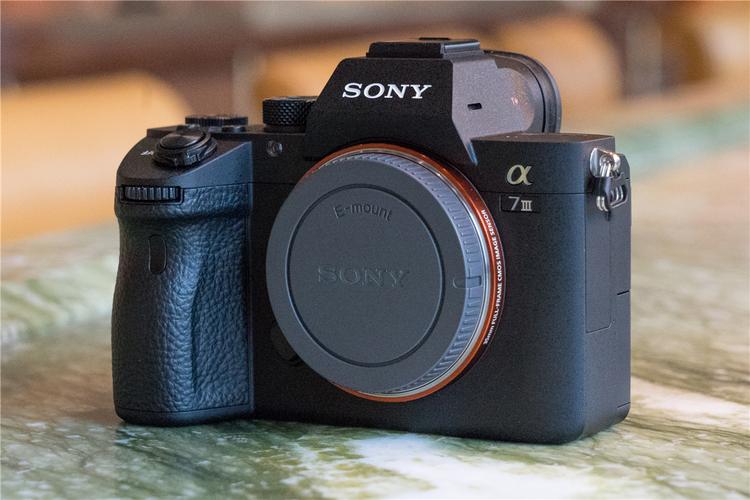**The Big Question: Who Really Owns Sony?**
(Who Owns Sony)
Sony is a name everyone knows. From PlayStation consoles to blockbuster movies, the company touches many parts of our lives. But who actually owns this giant? The answer isn’t as simple as you might think. Let’s break it down.
First, Sony is a publicly traded company. This means pieces of it are owned by people who buy shares on the stock market. If you’ve ever bought Sony stock, congratulations—you’re a tiny part-owner. But no single person or group holds most of the power. Instead, ownership is spread across thousands of investors worldwide.
Look closer, and you’ll find big players. Big financial institutions like Japanese trust banks and investment firms own large chunks. For example, Japan’s Mitsubishi UFJ Financial Group and BlackRock, a U.S. investment giant, are major shareholders. These groups don’t run Sony day-to-day, but their stakes give them influence over big decisions.
There’s also Sony itself. Wait, how? Sony Financial Group, part of the larger Sony empire, holds shares in the parent company. This setup creates a loop where Sony technically owns a piece of itself. It sounds odd, but it’s a strategy to keep stability and control within the corporate family.
Now, think about the founders. Sony started in 1946 as a small electronics shop in Tokyo. Masaru Ibuka and Akio Morita built it into a global brand. But neither they nor their families own much of Sony today. The company outgrew its roots, shifting from family control to a web of shareholders.
Leadership plays a role too. While CEOs like Kenichiro Yoshida steer the ship, they don’t “own” Sony. They answer to the board of directors, who answer to shareholders. Even a visionary leader is just one piece of a much bigger puzzle.
What about governments? Some companies face heavy state influence, but Sony isn’t one of them. Japan’s government doesn’t own it, though it sometimes partners with Sony on projects. The company’s independence is a point of pride, letting it adapt quickly to global markets.
Here’s a twist: Sony’s diversity makes ownership even blurrier. The company isn’t just electronics. It makes movies, sells insurance, produces music, and designs video games. Each division has its own structure, partners, and investors. Owning Sony stock means owning a slice of all these businesses—like holding a basket of different companies.
You might wonder why ownership matters. For everyday consumers, maybe it doesn’t. But for investors, it’s key to understanding Sony’s direction. Shareholders push for profits, which drives decisions like price hikes on PlayStation gear or greenlighting a new Spider-Man movie.
Rumors sometimes swirl about takeovers or mergers. Could a tech giant like Apple or Google buy Sony? Probably not. Sony’s market value is huge, and its complex structure makes a takeover messy. Plus, Japanese corporate culture favors long-term stability over sudden shake-ups.
In the end, Sony belongs to everyone and no one. It’s a collective project, shaped by investors, leaders, and history. This shared ownership lets Sony stay agile, blending tradition with innovation. The next time you watch a Sony film or game on a PlayStation, remember—it’s not just a product. It’s the work of countless minds and hands, all tied to that simple question: Who really owns Sony?
(Who Owns Sony)
The story doesn’t end here. As markets shift and new leaders rise, Sony’s ownership will keep evolving. One thing stays clear: this company’s legacy is built on more than just gadgets and movies. It’s a reminder of how global business works—complex, collaborative, and always changing.
Inquiry us
if you want to want to know more, please feel free to contact us. (nanotrun@yahoo.com)




